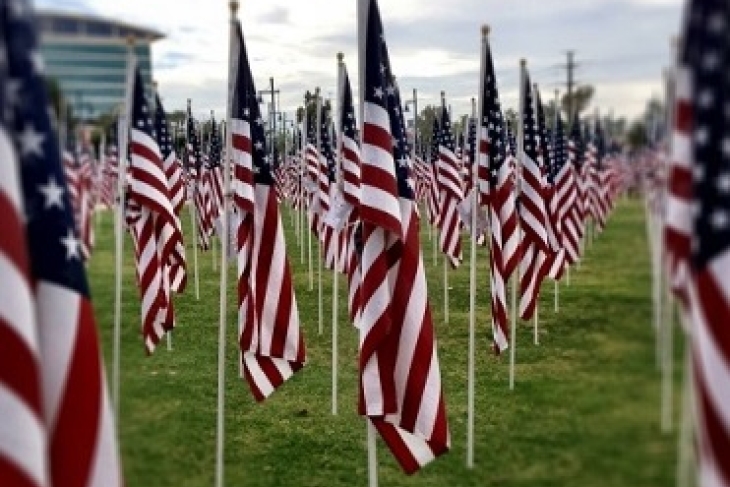The first few weeks of September make up a sweet spot between seasons, with summer's last days of warmth and play mingling with the beginning a new school year. All that beauty and excitement can make it easy to forget the significance of today's date: Fourteen years have passed since the 9/11 terrorist attacks in New York, Washington, and Pennsylvania. Though the distance of time has made it gradually easier for that anniversary to pass by unnoticed, we should all take a few moments to remember the thousands who were taken from their families and communities. Their lives are as worthy of consideration today, after fourteen years, as after five, ten, or twenty.
But the job of an educator, or a society, is not merely to commemorate. We must also teach. Freshmen entering high school this month have no memory of the horrors of 9/11. Indeed, many were born after the events took place. For the sake of their education and our democracy, it's crucial that they learn what the attacks meant to our nation—their place in American history, their impact on law and citizenship, and their effect on our geopolitical posture around the world. This is complex and sometimes sorrowful knowledge to impart, which is why Fordham has prepared specific materials for teachers and parents.
Published in 2002, "September 11: What Our Children Need to Know" featured incisive essays on American freedom and identity from esteemed commentators like Andy Rotherham, William Galston, Walter Russell Mead, and Victor Davis Hanson. We saw it as the antidote to a muddled message that had prevailed in too many classrooms in the months following 9/11. Nine years later, we gathered the best of those writings, along with a few fresher contributions, in a volume entitled "Teaching About 9/11 in 2011: What Our Children Need to Know." Both are excellent departure points for discussions with kids about the most important day in recent American history.
The world has changed remarkably since 2011—let alone 2001. But 9/11's lessons of war, patriotism, and tolerance will never lose their urgency. Neither will the most important lesson of all: Never forget.
iPhoneAZBeauty/iStock/Thinkstock

